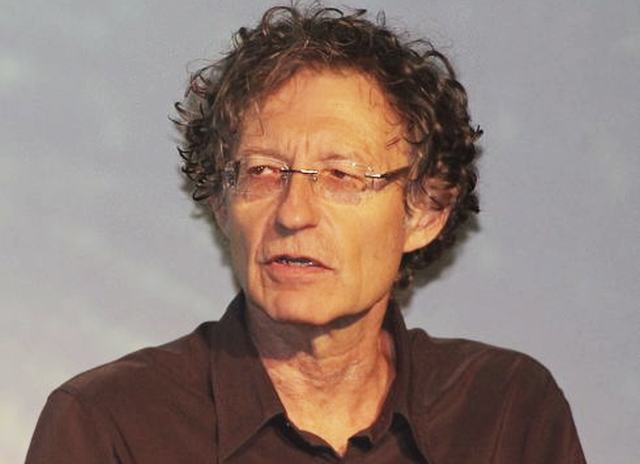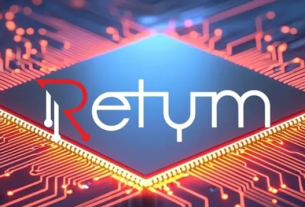Habana Labs’ artificial intelligence chips are a strategic area in Intel’s new roadmap. This is Intel’s 2nd acquisition in Israel after buying Mobileye in 2017 for $15 billion.
Intel announced the acquisition of Israeli startup Habana Labs, the developer of artificial intelligence chips for $2 billion. This is Intel’s second acquisition in Israel. In March Intel acquired Mobileye for $15 billion.
Habana Labs investors will record the most significant returns on investment with a 15-fold increase in return on investment. And Israel’s largest private exit in a cash deal and the largest acquisition of a private chip company at the international level as well.
The company founded by serial entrepreneur Avigdor Willenz, the founder of chipmaker Galileo, which was sold to Marvell for $2.7 billion in 2000. Also in the founder’s team CEO David Dahan and VP R&D Ran Halutz (the son of former IDF chief of staff Dan Halutz), the founders of PrimeSense, a 3D sensing company, sold to Apple for $345 million in 2013.
Israeli World’s Fastest AI Chip Developer Habana Labs raises $75 million
Habana Labs is located in Tel-Aviv, Israel, San Jose, California, Beijing, China and Gdansk, Poland, employing 150 people worldwide.
The company has raised only $120 million to date. Intel Capital in 2018, led Habana’s round of funding of $75 million. Other investors in the company include Basermer, Battery Ventures, WRV Capital and more. The list of Habana Labs shareholders includes Cisco, Samsung, the A&E Investment Fund and private investors.
The Habana Labs was founded in 2016 by David Dahan and Ran Halutz, a freelance company that sold to Apple in 2013 for $ 345 million. The first investor and chairman of the company that is also considered one of its founders is Avigdor Vilentz, one of Annapurna’s founders who sold Amazon in 2015 in a $ 370 million deal and served as the basis for Amazon’s Central Development Center in Israel. $ 2.7 billion.
Israeli startup Habana Labs launches “world’s fastest artificial intelligence (AI) chip”
The company developing Goya, a series of dedicated AI processors. It was built for the most demanding applications in the industry, including private and cloud data centers, autonomous vehicles, industrial robotics, skimmers and more.
Last June, the company announced Gaudi Processor for Artificial Intelligence Training, which competes with Nvidia. When launching the processor, the company said it was significantly stronger than any of its competitors. Gaudi is supposed to complete the product range offered by the milestone in its competition for the artificial intelligence processor market, which is now almost entirely controlled by Nvidia.
Intel employs about 12,000 people in Israel and another 1,100 in the Mobileye subsidiary. Intel is responsible for 52,000 direct and indirect jobs in Israel. A large part of Intel’s employees focus on the company’s development center in Haifa where they are responsible for developing a significant portion of the company’s chips.
Read more about: Avigdor Willenz, David Dahan, Israeli Startups, Ran Halutz




